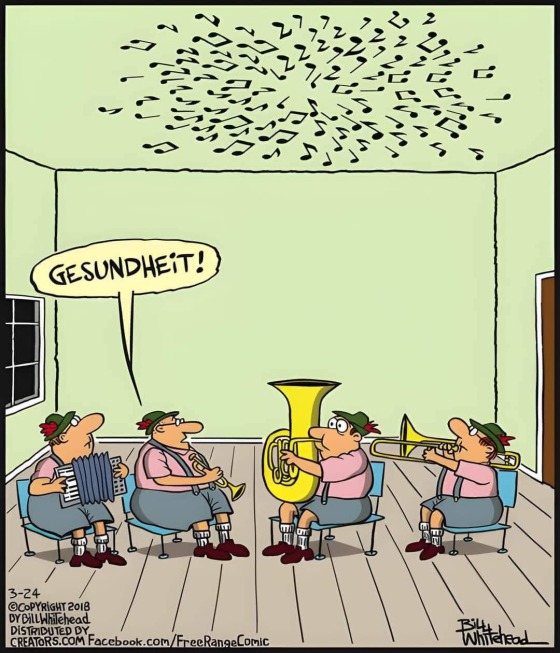2024.05.13
The Quran--the book that, we are told, comes from the divine encounters Muhammad had over a period of years--contains a striking story about Smokey [Bear "Only You Can Prevent Forest Fires...Only You"] responsibility. At the very beginning, when God created human beings, before any of them entered the world, God asked them, "Am I not your Lord?" Every single one answered yes. And God took note so that no one who disregarded God's commands in their earthly life could plead ignorance.I had not heard this aspect of Islam before, but I guess it's a pretty good dodge for that "but what about people who never get to hear about the REAL God" question that has driven a lot of Christian missionary work and some doctrine (like "limbo" for infants who die unbaptized) I mean I think it would still be sus that so many people got such a bigger familial and cultural dose of Allah than others, but still.
The "Life Worth Living" book is a wide but not deep survey along with some guided exercises about ponder The Question.
I feel like I've thought about my answers to that big question a lot already: for me, humanity's purpose is to create categorical novelty in this part of the Universe, kindness is paramount, there is DEFINITELY a universal absolute moral truth (that is an emergent property of human interaction) but we DEFINITELY can't KNOW what it is (so the universal truth might be one being multifaceted and culturally-subjective but it exists, so I reject existential "believe whatever you want there are no rules"), and the best way to live is a kind of cheerful Buddhist-tinged Epicureanism; seeking a cheerful, sustainable pleasant moderation.
One other bit I pulled from the book is journalist Kathryn Schulz asking her TED audience "How does it feel to be wrong?", but they would answer "how does it feel to REALIZE you are wrong" - because being wrong without realizing it feels exactly the same as being right.

